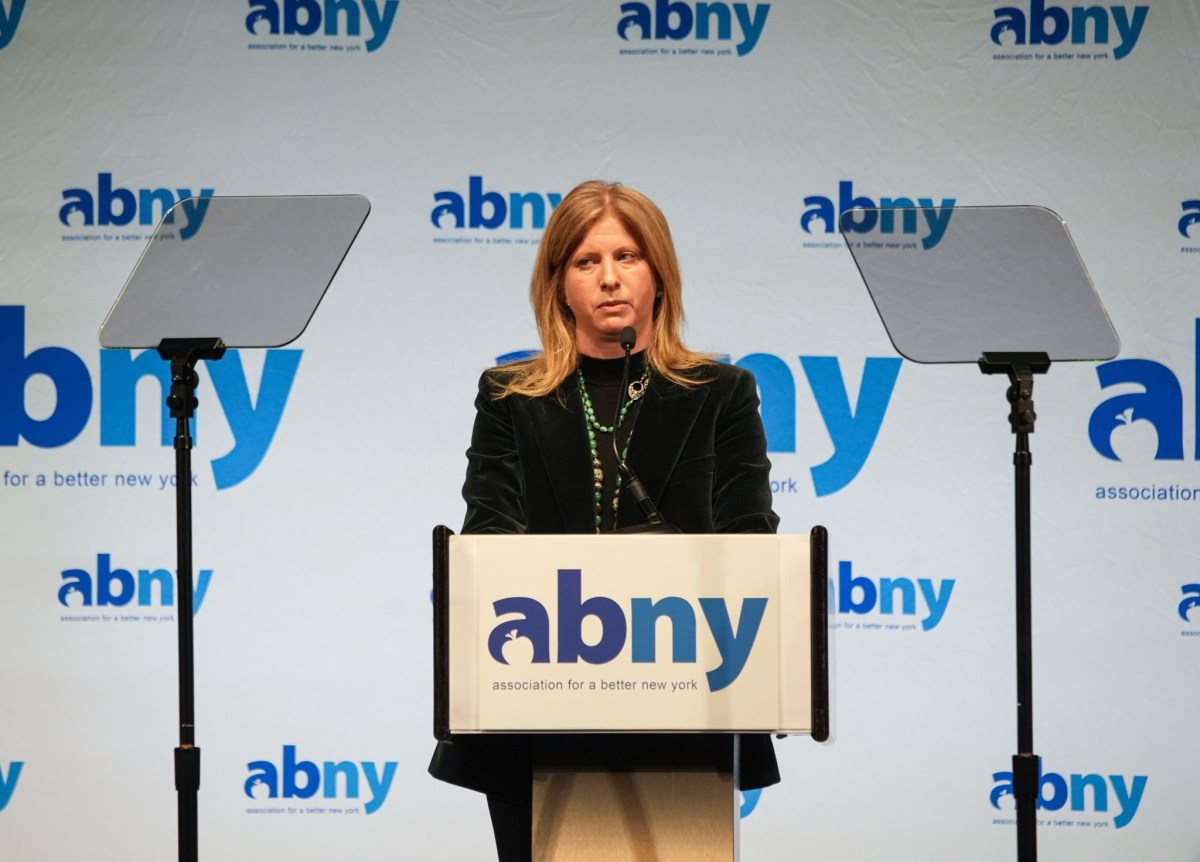By William Lewis
During the presidential campaign, there was little if any discussion between the presidential and vice presidential candidates concerning the issue of immigration during the presidential and vice presidential debates. No questions were asked of the candidates regarding this matter. It seems that in terms of the presidential race, it was a non−issue. To many voters, it was disappointing that this issue was not addressed.
In western Queens, many newly arrived immigrants have prospered during the last 30 years. Today, the situation has changed, with an economic and financial crisis facing our nation that may be the worst since the Great Depression.
It is estimated that there are at least 12 million illegal aliens in the United States and, after the new Congress and administration take office, this situation will have to be dealt with legislatively.
The question arises as to how many immigrants will be entering our country during the next few years. In this time of national economic downturn, how are jobs for these people to be found, considering that the state comptroller’s officer predicted that the state will lose 225,000 jobs next year, including 175,000 in the city.
Citicorp is indicating it will cut its workforce by 53,000 jobs and DHL express mail is ending its local mail delivery service in North America, thereby eliminating 6,000 jobs. The car industry will be eliminating thousands of jobs. Most major firms are putting hiring freezes into effect. The number of American citizens seeking unemployment benefits is increasing every month.
Our city government is at least $4 billion in debt, with layoffs of city workers predicted for after Jan. 1. Our state government is $13 billion in debt, with that amount increasing every month. There are and will continue to be in the foreseeable future few employment opportunities for all citizens.
That being the case, how can new immigrants arriving at this particular time become taxpaying Americans? How many of them will be receiving welfare benefits that our local, state and federal governments can ill afford?
In the past, immigration added to our national economic success during times of industrial and agricultural expansion. From 1840−60, about 3 1⁄2 million new immigrants came to the United States and contributed to its success. That was a time when our national population was less than half of what it is now and job opportunities in business, factories and the West were endless.
It should be added that many new Americans during that period also fought in the Union army and helped win the Civil War in the 1860s. Other waves of immigrants from 1880−1920, and especially during the last 30 years, have served to enrich the American experience. During the late 19th century and early 20th century in the city, the political establishment would help recently arrived immigrants find jobs, housing and other assistance and put them on the fast track to becoming citizens.
Perhaps the time has come to focus on absorbing the new citizens that we have and gradually cut back on the numbers of new immigrants until the national economy improves. America is a nation of immigrants, but in such a turbulent period, we need to consider making adjustments in national policies so our nation will again be in a position to provide opportunities for all.


































